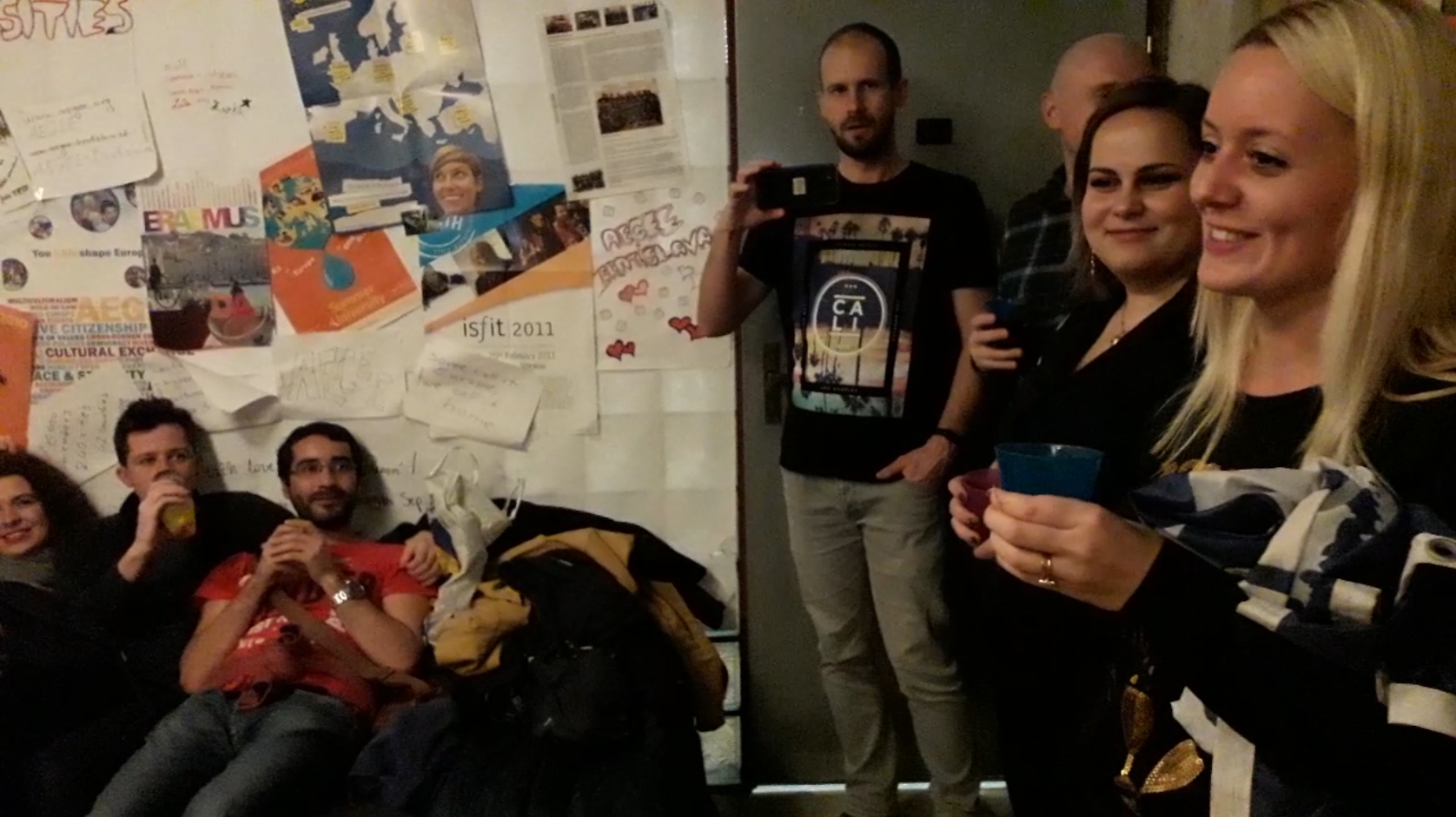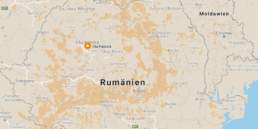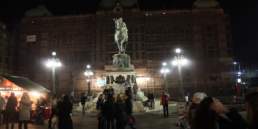AEGEE is facing several structural and thematic challenges in 2020. The way the association is tackling them will decide about the future of AEGEE in the new decade. The good news: the challenges are also great opportunities. This article will describe chances for network growth, a second article will analyse the opportunities for new projects and promotion.
Luca Bisighini, one of AEGEE’s most experienced members, described the challenges for AEGEE recently in his AEGEE review 2019 for the Golden Times readers. His words are like a ringing bell. He wrote:
- “I have never seen so many elected people quit like this year after being elected like in 2019;
- Lots of locals are disappearing regardless of whatever bureaucracy-reduction reform was implemented;
- Many projects being reproposed for the millionth of time and sadly slowly losing appeal;
- I am tired to witness comments like “Less = More Quality” – when you start forgetting about quantity thinking just about quality, in my humble opinion you are silently killing the network;
- I don’t see many multi-local events between tiny locals, coordinated by some thematic body or Netcom, helping each other and allowing anyone to exist and resist and attract people. This is really sad and would actually go help a lot of locals to survive;
- We need a team focusing on the network expansion, with a budget and lots of work of scouting.
- Many projects having financial and fundraising problems, with a worrying lack of transparency.
- In general: I see too many conservative ideas while we need disruptive, creative people. We need funnelled, S.M.A.R.T. creativity, not talking always about the same things. The Strategic Planning Meeting in Cologne in 2019 helped and maybe events like that are really more needed than actual NWMs or RTCs. That’s a little bit sad but well, I am always optimistic and I do think all of these points can be solved.”
This view is supported by many people who took part in the recent GT survey among active members. On a structural level, the association is experiencing a shrinking network, lack of involvement of many members and a decline of the number of events and participants of its biggest project, the Summer University. Thematically, AEGEE has to flesh out the new Strategic Plan in 2020. While the new Focus Areas are a great opportunity for AEGEE, the association also has to stay true to its very broad vision: to strive “for a democratic, diverse and borderless Europe, which is socially, economically and politically integrated”. In order to achieve this, AEGEE needs to take into account the megatrends and political developments of the new decade.
This and the following article will not be able to address all these developments. Instead, you will get my take on the following five aspects: network expansion, disappearing locals, new project ideas, decreasing lack of projects’ appeal and antenna cooperation. If AEGEE deals with these challenges in the right way, the association will be a lot stronger than now.
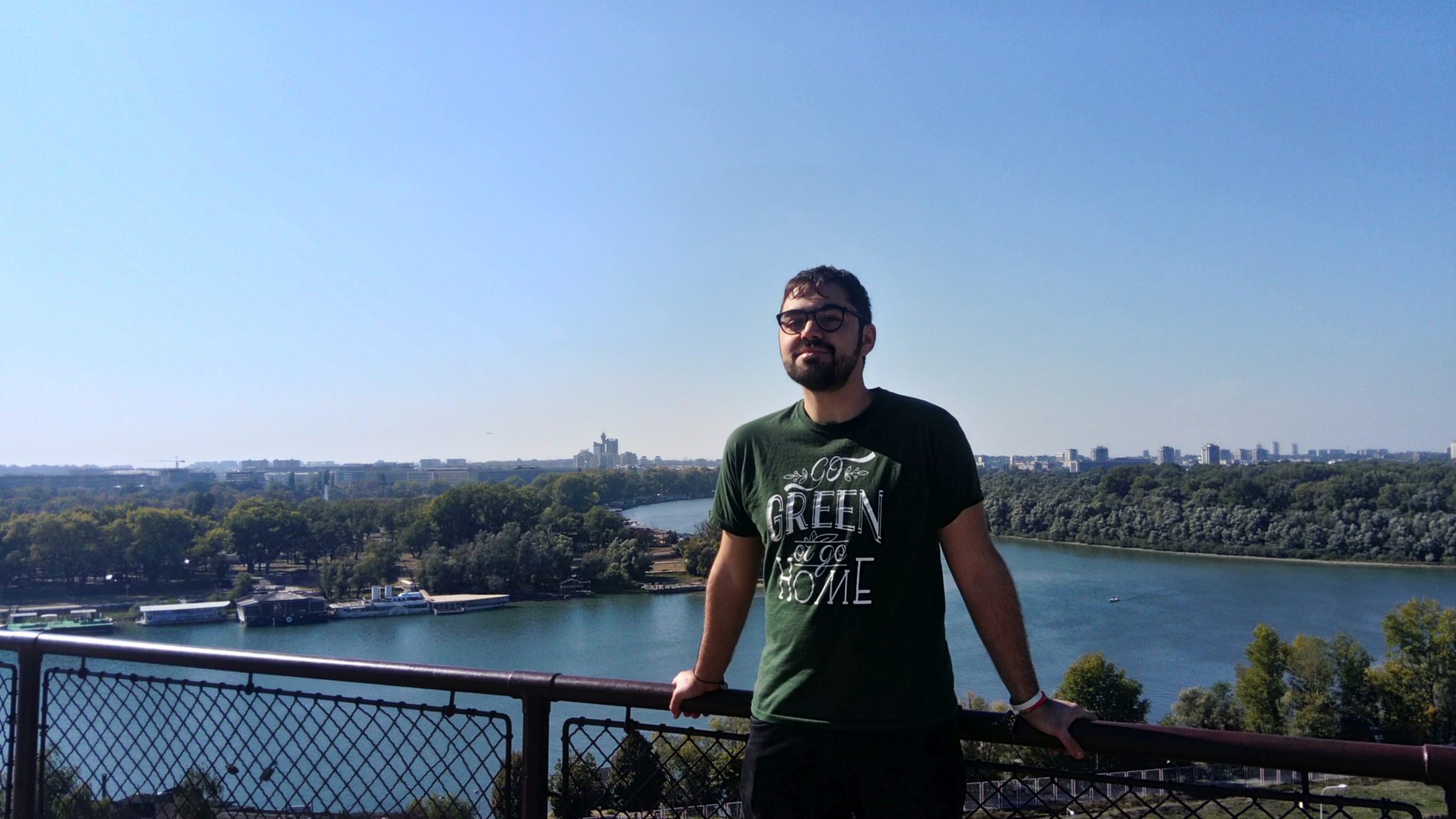
More honesty about the network development
The first step to solving the challenge of the shrinking network has already been achieved. AEGEE acknowledged that it has a problem here. No one believes the long disproved “quality over quantity” argument anymore. Today we know: less is not more. Less is less.
Less antennae means:
- less antennae organising international events and projects
- less participants for international events
- less people involved in European bodies
- less people participating in thematic discussions
- less people paying membership fees to AEGEE-Europe.
When AEGEE started in 1985, the participating students knew that they were given a gift. An opportunity and a tool to make Europe a better place. They wanted to shape Europe and they wanted to share AEGEE with everyone. Those members were driven by the belief that every student in Europe should know about AEGEE and join AEGEE. Because: if you have such a great organisation, it would be a crime to keep it for yourself. AEGEE doesn’t belong to us, it belongs to all students, who want to make Europe a more integrated place with an open society. In 2020, network enlargement should therefore be high on the agenda.
Let’s make founding Contacts great!
The good news is: every single member who moves to a university city without AEGEE can contribute to it. Let’s make it a new trend to set up new Contacts. Make other students enthusiastic about it. Ask around in the main AEGEE Facebook group and the regional groups if the people know other students in this town. Just send a message like: “Hi! I am a member of AEGEE-XYZ and just moved to ZYX for studying. I want to set up a Contact here and look for like-minded people in this town. In case you know some, tell them to contact me.”
Now, some people might say: “What can I achieve in one Erasmus year? Who will take over when I go home in one year?” Well, you know the saying “Nothing ventured, nothing gained”. If you don’t try, you have already lost. So, if you go abroad, start a Contact! If your friends go abroad, encourage them to do the same. Infect others with the AEGEE virus!
There are many examples of locals which started like this. I did it three times. All three Contacts became Antenna in about one year. Yes, one of the three antennae is still around and two existed only for a few years. Still, it was absolutely worth it, since they touched the life of many people.
The most important bit: You are never alone. In many cases AEGEE has already existed in that city – or former AEGEE members moved there. I have a good database of former local board members that I shared with CD and Netcom; it can assist you in finding people. On a positive side: since my article on the difficulties to found a Contact from 2 November 2019 the CD has greatly improved the administrative procedures. Way to go! This leads us to the next topic: founding trips.
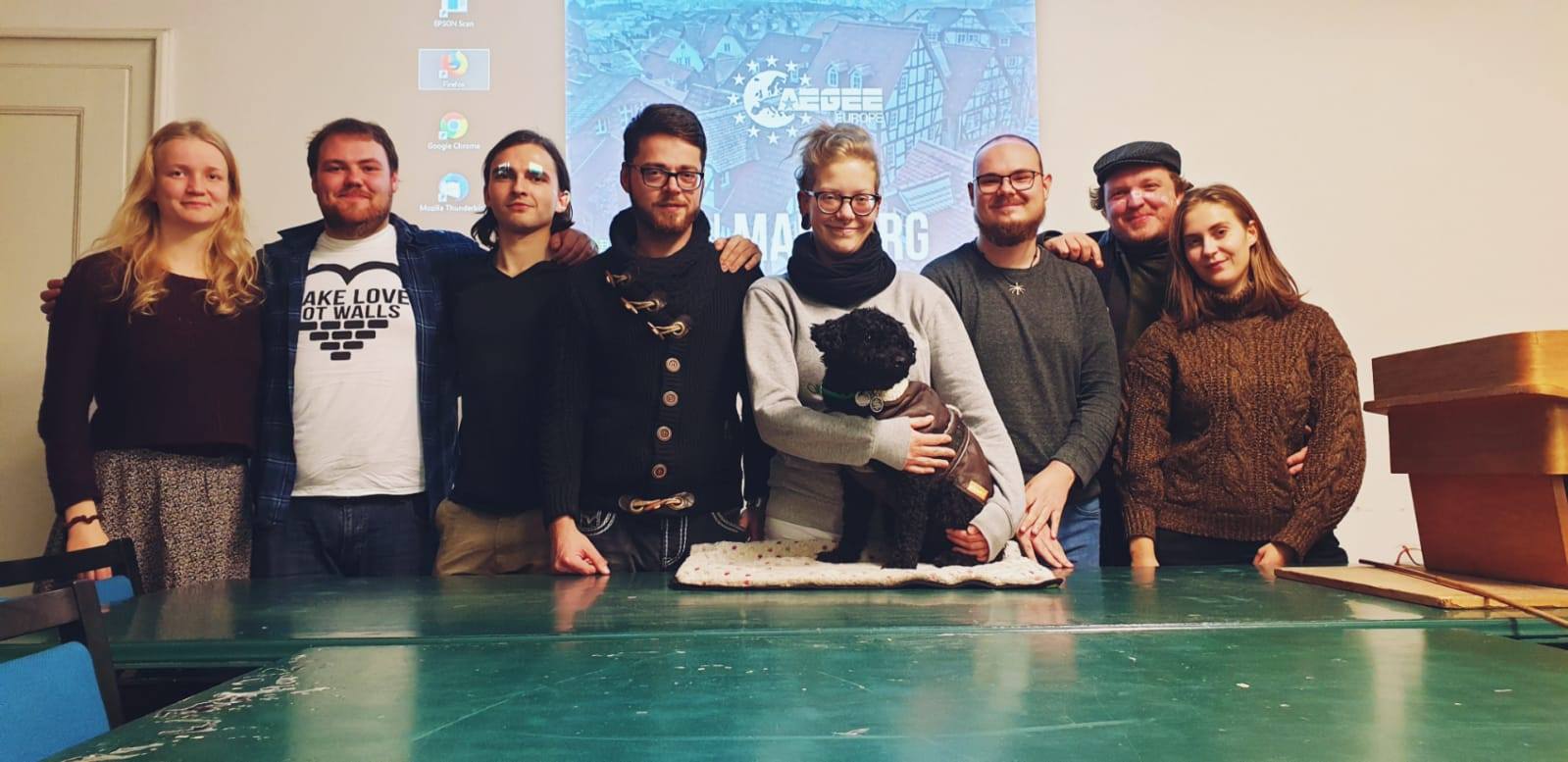
Founding trips made AEGEE big
Between 1990 and 2000, AEGEE has done a lot of founding trips – especially in Central and Eastern Europe. One of them was a special guest at the Agora Salerno opening night: Michael Merker. He founded AEGEE-Leipzig, the first local behind the former Iron Curtain. When he joined the CD in 1990, this inspiring person travelled with a lot of Interrail tickets to places in Central and Eastern Europe to set up new Contacts.
CD Network Director and AEGEE-Europe President Gerhard Kreß oversaw a huge network campaign in 1996, which created 30 new Contacts in one year! This campaign was part of the Yearplan, the equivalent to today’s Action Agenda. In the next years, the newly established Network Commission did the same. Legendary are the founding trips by AEGEE-Cluj-Napoca’s Netcom members, who visited 18 cities in 14 days in 1998, using two cars to transport the travellers and their PR materials.
These network enlargement initiatives stopped, because AEGEE grew incredibly in the following decade. Until suddenly the network started shrinking and AEGEE focussed on saving endangered locals instead of creating new ones. The right solution is to do both if you want network sustainability. There will always be locals that disappear, despite the best efforts, and in order to compensate for this AEGEE must make founding trips again. And needs to develop a plan for it.
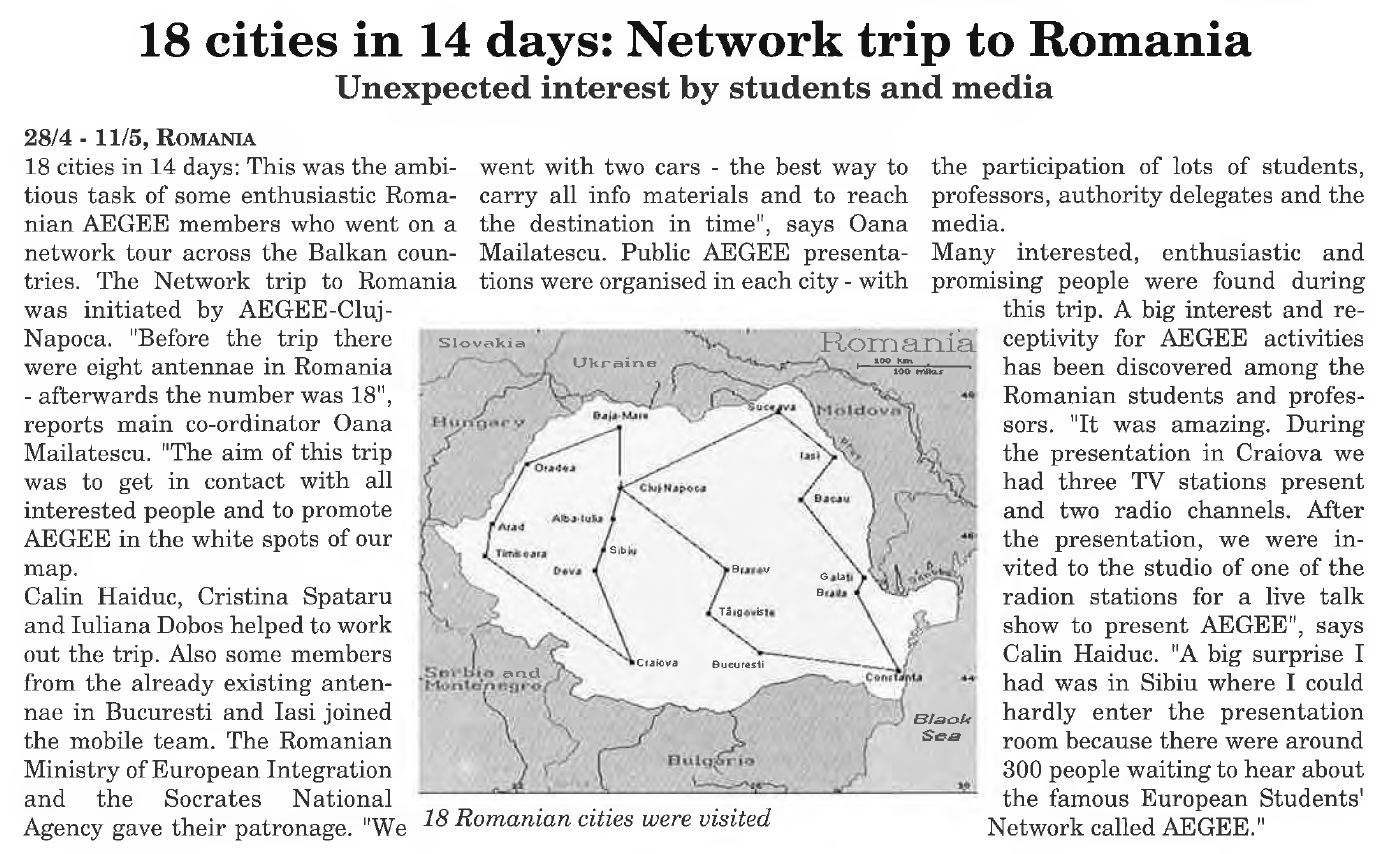
Join the AEGEE Ambassadors!
Luca Bisighini pointed out: “We need a team focusing on the network expansion, with a budget and lots of work of scouting”. You might ask: “Don’t we have the Network Commission for that?” Yes and no. The Netcom does create new Contacts. But: times have changed and so has the workload of Network Commissioners. They have more administrational tasks than 20 years ago, so they cannot make as many founding trips as they want. Let’s support them in creating new Contacts! The initiative of 1996, which created 30 Contacts, was an effort by the whole network.
Let’s create a project team for this purpose. It doesn’t have to be a new complicated structure, since we should not need to create another European body. It is a support for Netcom and CD. Michael Merker and his friends called themselves the Flying Ambassadors – and that could be a good motto for 2020. Maybe not “Flying”, because that doesn’t resonate well in times of the climate emergency, but what about simply “The Ambassadors”?
How could these Ambassadors work? This requires actual real project management procedures, but for the sake of this article, just bear with me and brainstorm with me how this team could function:
- First step: collecting interested people (the future Ambassadors), CD and Netcom in a Facebook group called AEGEE Ambassadors.
- The different people should make clear which role they would want to have: for example travellers or being part of a backoffice team, which makes the overall management, takes care of finances or creates social media content and promotional materials for the different destinations.
- The Ambassadors could, in cooperation with the Network Director and the Netcom, assess the chances of success and the required effort to create AEGEE for different larger area in Europe.
- Time to do research: The Ambassadors could check the list of the universities in Europe on Wikipedia. Matters like university subjects, support and conditions for students associations should also be analysed with the help of websites and social media. They could then create a ranking of the top 50 cities in the identified primary areas.
- Then the Ambassadors refine the list by checking whether AEGEE already existed in these cities and whether former or current AEGEE members live there.
- If there are former or current AEGEE members, they can be asked whether they would support the initiative to found a new Contact: either by being a member, by actively help with the promotion in the universities, by providing accommodation or by financial support.
- For approaching oldies it would be useful to seek a formal cooperation with Les Anciens. The alumni network knows which member lives in which city. Some oldies would definitely support a founding trip financially. I for example would financially support any effort to re-create AEGEE in cities like Szeged or Györ with at least 100 Euros. For each city.
- AEGEE should reach out to the university, student representatives, campus TV stations and people in charge of social media groups whether they would support a founding initiative and how the Ambassadors should proceed.
- The Ambassadors should then redefine the list of targets and assess the required budget for promoting AEGEE in each place, including PR material.
- Of course: the personal interests and availability of the future travellers should be taken into account as well as the financial feasibility.
- Based on this info, the Ambassadors create a map for potential founding trips, a list of final destination and a time schedule.
- The follow up after the trip is of course important as well: for example, content and financial reporting or handing over contacts to people to the Netcom. Also here the Ambassadors can support the Netcom on request, for example Ambassadors could become godfathers of the locals or foster cooperation with neighbouring antennae, if the Netcom requires this support.
Creating a reward system
Having new Contacts is great. However, many don’t make it to the next level. Especially Contacts or Contact Antennae have money issues. The registration process can cost quite some money and who wants to put own money into an association with an uncertain future? Therefore I suggest a financial incentive system. We want to have a larger network, so it is only fair if we support the first steps of new Contacts and locals financially.
This is actually also in the interest of our network. Contacts do not pay membership fees to AEGEE-Europe. Contact Antennae do – they pay 25% of the annual fee, at least 4 Euros per year for at least 10 people. That’s a minimum of 40 Euros. Also, the chance will be bigger that as a local they will have SU applicants, which will also generate an income. However, this aspect is not the main reason to support their first steps financially. It just shows that the effort will pay off.
We could give:
- 100 Euros to every newly registered Contact, as support for registering and specific PR materials. The money will be paid out only against provided prove and bills.
- 100 Euros after signing the Convention d’Adhesion
- 50 Euros after upgrading to Antenna.
These amounts are random amounts and are of course up to discussion. Moreover, also here maybe Les Anciens members or members of previously existing antennae could be asked for support.
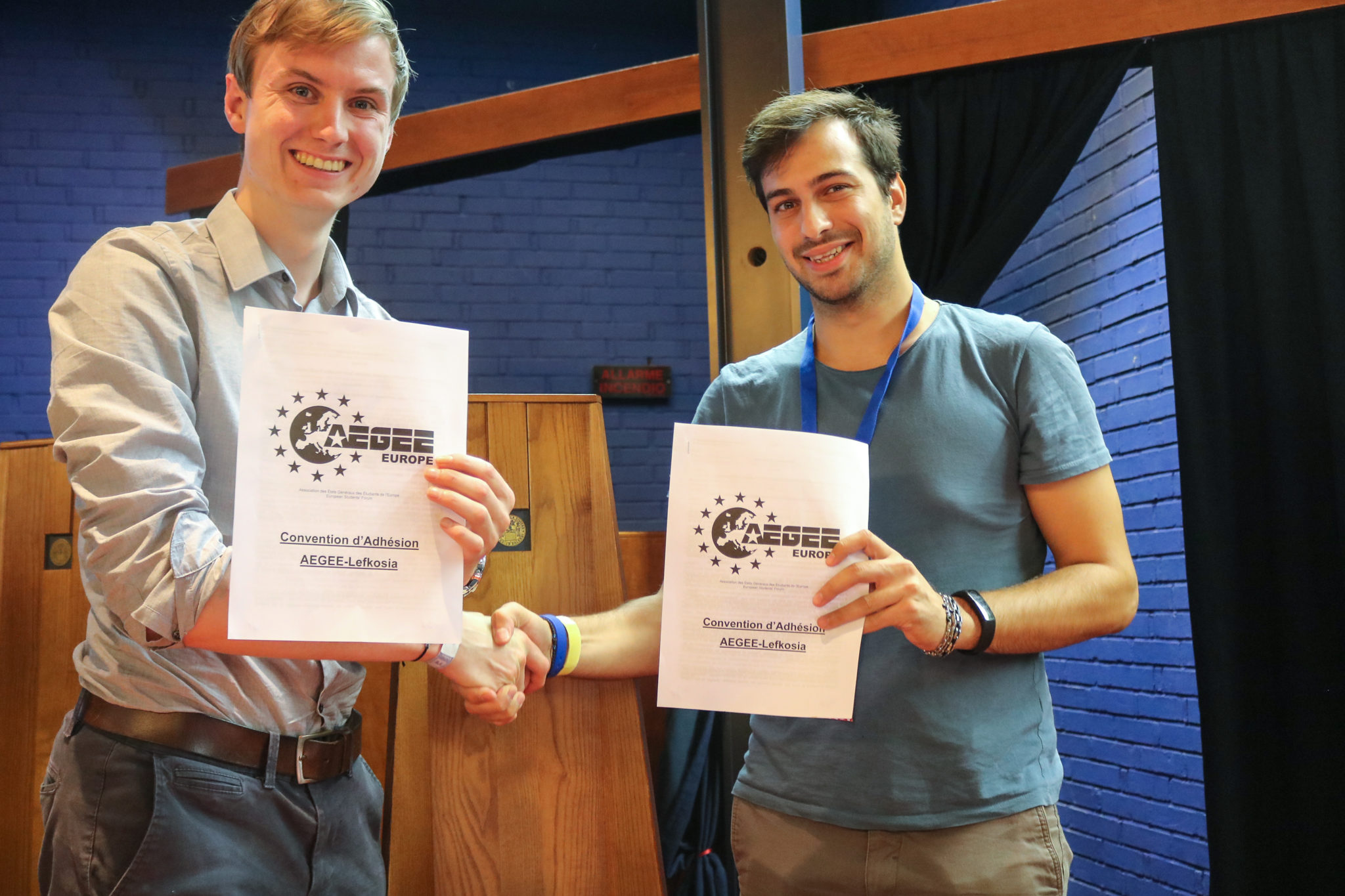
Help for locals in need
You might say: “what about existing locals in need? They also require help”. This is very much true and needs to be focussed on as well. With the establishment of the Ambassadors as an informal project team, the Netcom has more time to focus on supporting existing locals in crisis.
A perfect example is what happened on 14th of December in Bratislava. The local antenna wanted to close down its activities after almost 30 years due to lack of members – and invited to a final party. Network Commissioner Adam Kubák heard about it and started a bold initiative to save the antenna. He created a secrete Facebook events and invited plenty of people, telling them to join him and surprise them at the party. That’s what happened. 16 people showed up, discussed future support options – and many AEGEE-Bratislava members felt overwhelmed by the support.
Now several people will try to help them to find new members and hopefully keep AEGEE-Bratislava alive. Whether this will work? Time will tell. Nevertheless it shows that we should not give up if a local is weak. The support from the network is huge and together network and Netcom can make miracles possible.
